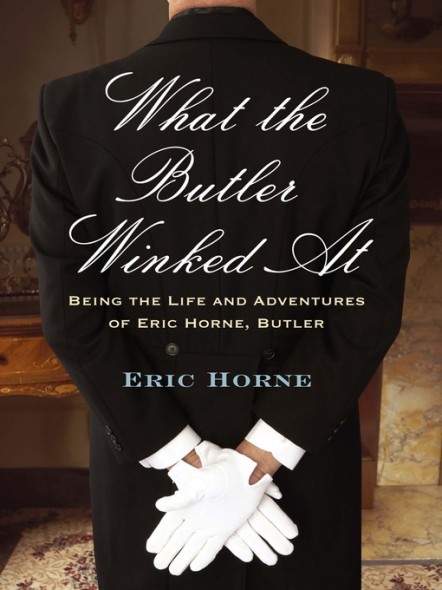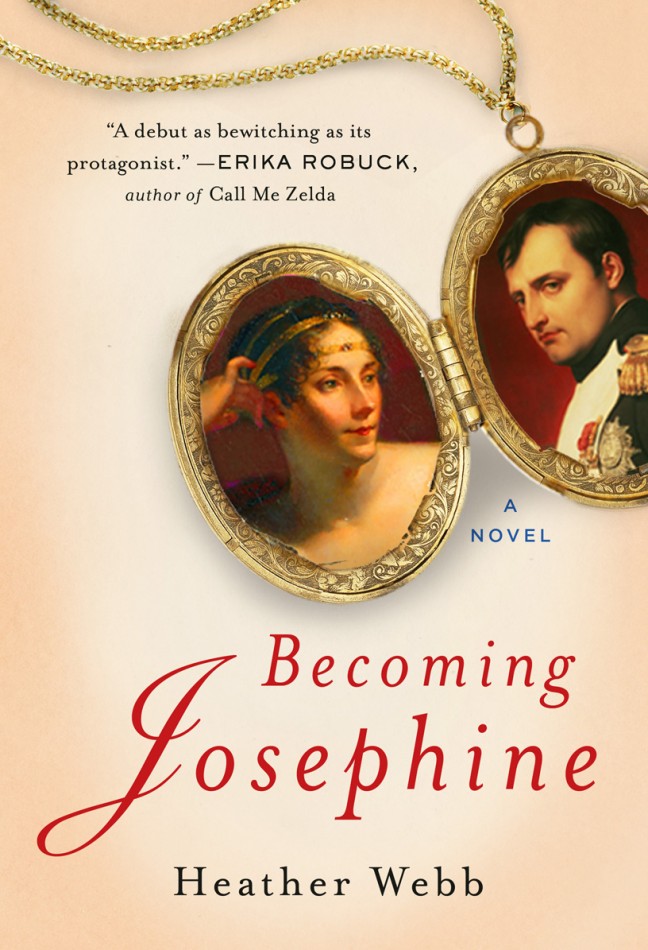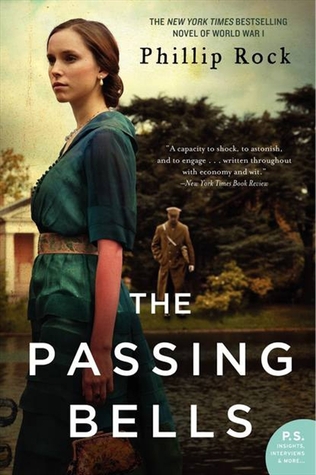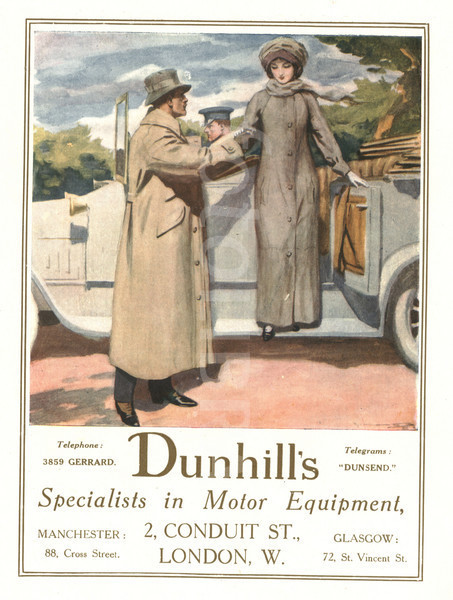
Whenever I purchase or borrow a new book about the Edwardian period, the first thing I do is flip to the back to check the sources. Juliet Nicholson’s The Perfect Summer did not have a bibliography, but she did quote extensively from Eric Horne’s memoirs, What the Butler Winked At. However, this book was very hard to find, and when I did see it on Amazon or Abebooks, it was incredibly expensive. Fortunately, I discovered a reprint published by Westholme Publishing. Now What the Butler Winked At is not only back in print, but is very affordable!
Eric Horne served as a butler in some of the great English country manors from the 1860s until just after World War I, when many of the families whose heirs died in battle were forced to sell off their homes. Born in Southampton, Horne came from a humble family who valued education. Horne excelled in school and wished to go to sea, but lacking his parents’ permission, he instead ended up as a footboy for a local household. Over the years, Horne moved up in the service of the aristocracy: his goal was to become butler to the king of England, a position he very nearly secured. He did end up in the service of several distinguished households for many decades, and upon his retirement in 1922, he decided to write his memoir. Horne is a unique voice; not only did he have intimate contact with his employers and the household staff, he also possessed literary talent, so that his account provides authentic detail as well as shrewd—and often witty—views of the aristocracy, the servants, and their activities. Horne is not sentimental though; he does not think that he used his life wisely, having never learned a true trade. He reveals the plight of the servant class, where once a butler lost his employment—particularly following the devastation of World War I—he was likely to end up in a poorhouse, because employers did not usually provide pensions and servants were rarely able to save enough money to survive on their own. What the Butler Winked At is a fascinating and essential account of life in a country house during the height of the Victorian and Edwardian eras.





Oh, this sounds like a good book. I’m adding it to my list!
Sounds like a great resource!
Another interesting post. It’s so sad to think of a servant devoting their life to a family and then ending up in the poorhouse.
I do agree. The Liberal government of the 1900s did take steps to provide pensions for retired workers, but since butlers, housekeepers, etc made decent salaries, an few shillings a week in pension were a pittance.
Sounds like a very fascinating read! I’ll check it out, thanks.
You’re welcome!
Thanks for the recommendation of the book. I just added it to my Amazon Wish List.
I hope you enjoy!